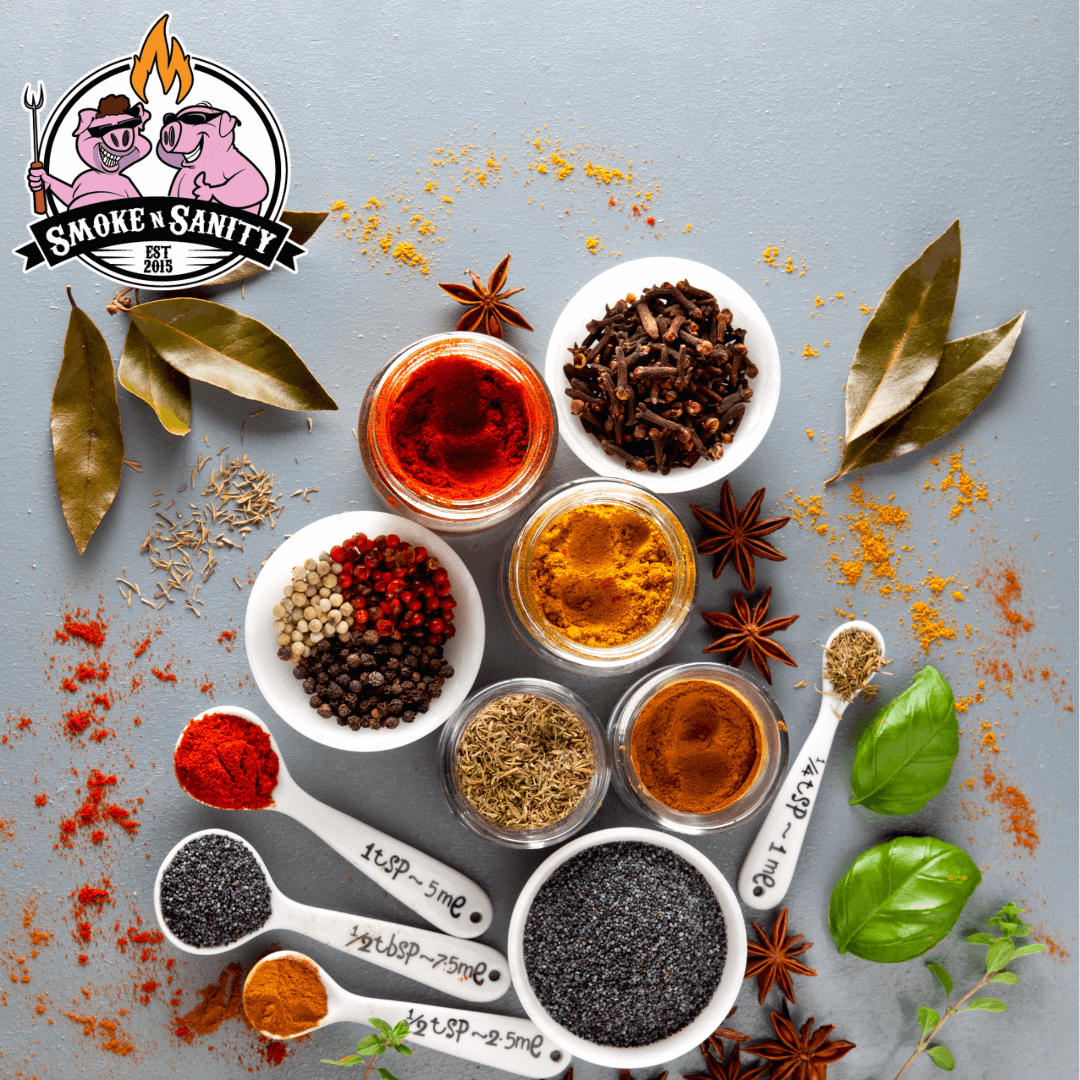
Can IBS Be Cured? Exploring Diets to Ease Symptoms
Share
Irritable Bowel Syndrome (IBS) affects millions worldwide, causing discomfort through symptoms like abdominal pain, bloating, diarrhea, and constipation. A common question is whether IBS can be cured, and if not, how diets can help manage its symptoms. This post dives into the current understanding of IBS, its potential for a cure, and effective dietary strategies, including the Low FODMAP diet, to alleviate symptoms.
Can IBS Be Cured?
Currently, there is no definitive cure for IBS. It’s a chronic condition, but its severity and symptoms vary widely among individuals. Research suggests IBS results from a combination of factors, including gut-brain axis dysfunction, altered gut motility, visceral hypersensitivity, and gut microbiome imbalances. While these underlying mechanisms can be managed, they are not fully reversible with current medical interventions.
However, "cure" doesn’t mean the same thing as "management." Many people with IBS achieve significant symptom relief through lifestyle changes, stress management, and dietary adjustments, sometimes to the point where symptoms are minimal or absent. For some, this feels like a functional cure, though the condition may still flare under certain triggers like stress or specific foods.
Emerging research, such as studies on gut microbiota therapies (e.g., fecal microbiota transplants) or targeted medications, shows promise, but these are not yet standard treatments. For now, the focus remains on symptom management rather than eradication of the condition.
Diets to Ease IBS Symptoms
Diet plays a critical role in managing IBS symptoms. Certain foods can trigger flare-ups, while others may soothe the digestive system. Below, we explore the Low FODMAP diet and other dietary approaches that can help.
The Low FODMAP Diet
The Low FODMAP diet, developed by Monash University, is one of the most evidence-based dietary interventions for IBS. FODMAPs (Fermentable Oligosaccharides, Disaccharides, Monosaccharides, and Polyols) are short-chain carbohydrates poorly absorbed in the gut, which can ferment and cause bloating, gas, and pain in IBS patients.
How It Works
The diet involves three phases:
- Elimination Phase (2–6 weeks): Avoid high-FODMAP foods like garlic, onions, wheat, lactose-containing dairy, and certain fruits (e.g., apples, pears). Low-FODMAP alternatives include rice, oats, lactose-free dairy, and fruits like bananas and strawberries.
- Reintroduction Phase (6–8 weeks): Gradually reintroduce high-FODMAP foods in controlled amounts to identify specific triggers.
- Personalization Phase: Create a long-term diet that avoids only the identified trigger foods, ensuring variety and nutritional balance.
Benefits
- Evidence-Based: Studies, such as those published in Gastroenterology (2017), show that 50–80% of IBS patients experience symptom relief on a Low FODMAP diet.
- Targeted: Helps identify specific food triggers, allowing for a less restrictive long-term diet.
- Flexible: Can be tailored to individual needs and cultural food preferences.
Challenges
- Complexity: Requires careful planning and guidance, ideally from a dietitian, to avoid nutritional deficiencies.
- Restrictive: The elimination phase can be socially and practically challenging.
- Not a Cure: While effective for symptom management, it doesn’t address the root cause of IBS.
Other Dietary Approaches
Beyond Low FODMAP, other diets may help manage IBS symptoms, depending on individual triggers and preferences.
1. High-Fiber Diet
- Why It Helps: Soluble fiber (e.g., psyllium husk, oats) can regulate bowel movements, especially for IBS-C (constipation-predominant). However, insoluble fiber (e.g., bran) may worsen symptoms in some.
- Tips: Increase fiber gradually and drink plenty of water to avoid bloating. Aim for 25–30g of fiber daily from sources like fruits, vegetables, and whole grains (if tolerated).
- Caution: High-fiber foods like beans or cruciferous vegetables (broccoli, cauliflower) may be high in FODMAPs, so combine with Low FODMAP principles if needed.
2. Gluten-Free Diet
- Why It Helps: Some IBS patients have non-celiac gluten sensitivity, where gluten triggers symptoms like bloating or diarrhea. A 2015 study in Clinical Gastroenterology and Hepatology found symptom improvement in IBS patients avoiding gluten.
- Tips: Try gluten-free grains like rice, quinoa, or certified gluten-free oats. Ensure the diet is balanced to avoid nutrient deficiencies.
- Caution: Gluten-free doesn’t mean low-FODMAP, as many gluten-free products contain high-FODMAP ingredients like inulin or honey.
3. Low-Fat Diet
- Why It Helps: High-fat meals can slow gut motility and exacerbate symptoms, particularly in IBS-D (diarrhea-predominant). Reducing fatty foods like fried items or rich sauces may help.
- Tips: Opt for lean proteins (chicken, fish), healthy fats (avocado, olive oil) in moderation, and avoid heavy cream-based dishes.
- Caution: Ensure adequate fat intake for nutrient absorption and overall health.
4. Elimination Diets
- Why It Helps: Beyond FODMAPs, other triggers like caffeine, alcohol, spicy foods, or artificial sweeteners (e.g., sorbitol) can worsen IBS. An elimination diet can pinpoint these.
- Tips: Keep a food and symptom diary to track triggers. Work with a healthcare provider to systematically eliminate and reintroduce foods.
- Caution: Overly restrictive diets risk nutritional deficiencies, so professional guidance is key.
Additional Tips for Managing IBS Through Diet
- Eat Smaller, Frequent Meals: Large meals can overwhelm the digestive system, triggering symptoms.
- Stay Hydrated: Adequate water intake supports digestion and prevents constipation.
- Limit Trigger Beverages: Caffeine, alcohol, and carbonated drinks can irritate the gut.
- Mindful Eating: Eating slowly and chewing thoroughly can reduce air swallowing and bloating.
Beyond Diet: Holistic Management
While diet is a cornerstone of IBS management, other factors are equally important:
- Stress Management: Stress can exacerbate IBS symptoms. Techniques like mindfulness, yoga, or cognitive behavioral therapy (CBT) can help.
- Exercise: Regular physical activity, like walking or swimming, can improve gut motility and reduce stress.
- Medications: Depending on symptoms, doctors may prescribe antispasmodics, laxatives, or low-dose antidepressants to manage pain or bowel issues.
- Probiotics: Some strains, like Bifidobacterium infantis, may reduce bloating and improve gut health, though results vary.
Conclusion
While IBS cannot be cured in the traditional sense, it can often be effectively managed to the point of minimal disruption. The Low FODMAP diet is a powerful tool for identifying triggers and reducing symptoms, supported by robust evidence. Combining it with other dietary strategies, stress management, and medical guidance can lead to significant improvements in quality of life. Always consult a healthcare professional or dietitian before starting any restrictive diet to ensure it’s safe and tailored to your needs.
For personalized advice, consider working with a gastroenterologist or dietitian specializing in IBS. With the right approach, living well with IBS is entirely possible.

